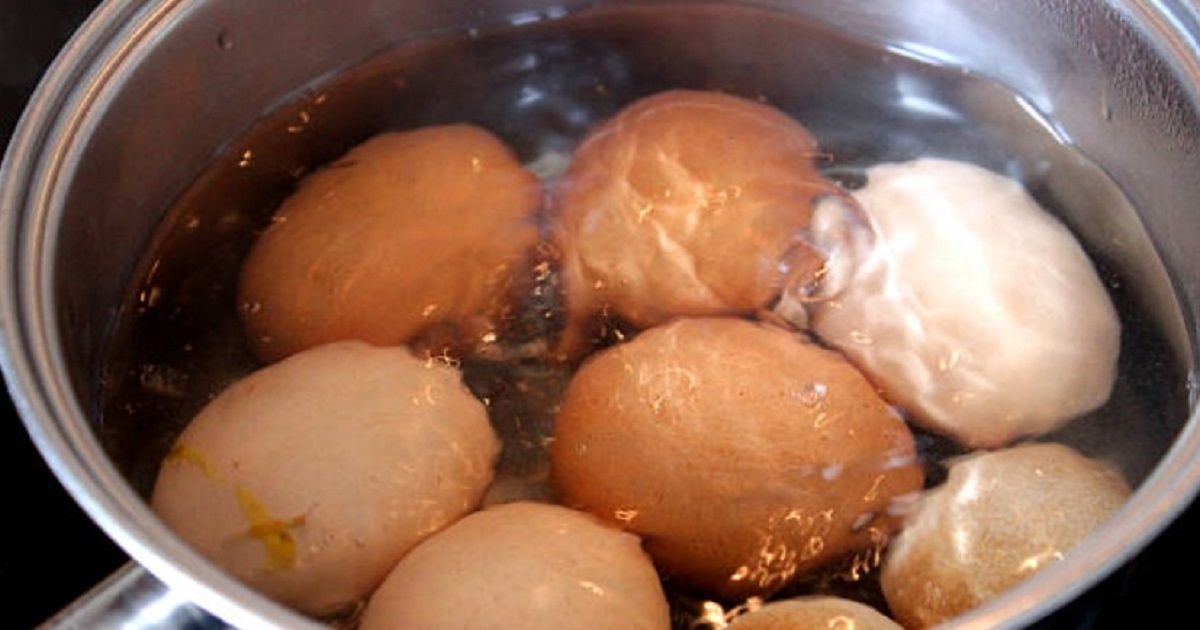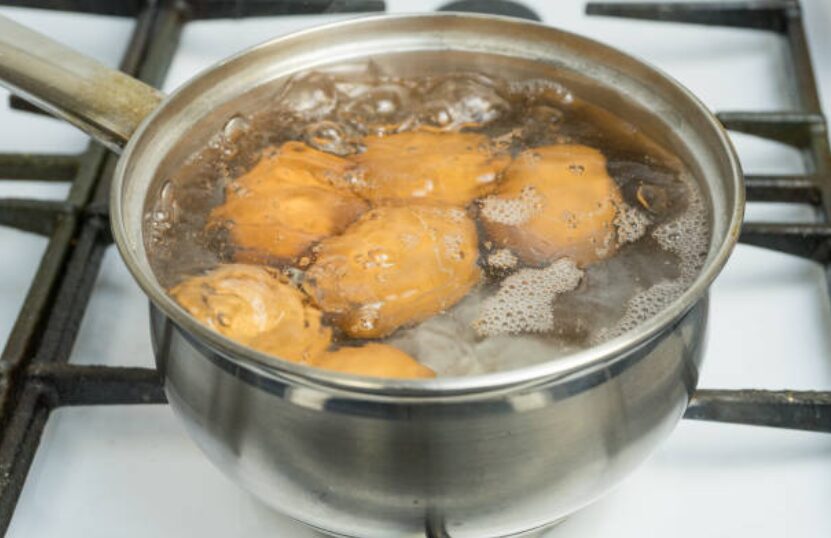How to Hard Cook an Egg the Right Way

source: iStock
When I was a kid, there was nothing more delicious for me than good hard-cooked eggs for breakfast. My grandma and mom were the absolute champions of boiling eggs! Now, I know what you’re thinking: “What’s so hard about boiling eggs?” But trust me, it’s not as straightforward as it seems. The secret, as passed down through my family’s kitchen wisdom, was that they always added salt to the boiling water before dropping the eggs in. Why, you ask? Well, grab a seat, because I’m going to tell you all about it.
First off, adding salt to boiling water isn’t just a quirky family tradition; it’s a game-changer in egg cooking science. Some believe that salt raises the boiling point of water, which means your eggs are cooking in hotter water. This little trick is like turning your egg into an aquatic superhero, helping it to cook more evenly and making it easier to peel. That’s right, if you’ve ever found yourself in a wrestling match with an eggshell, you know the real struggle. Salt is like the mediator that steps in, making the shells almost magically easier to peel away. The idea is that the salt slightly goes into the eggshell and makes the egg whites pull away from the shell as they cook. Well I don’t know about you, but that sounds great!

But the benefits don’t stop there. Have you ever cracked open a boiled egg to find that unappealing green ring around the yolk? That’s caused by a reaction between sulfur and iron in the egg, which can happen more easily at higher temperatures. However, salt can help reduce this reaction, keeping your yolks golden and your breakfast Instagram-worthy. Because let’s be honest, we all want our morning eggs to look as good as they taste.
Another reason to bring salt into your egg-boiling equation is to prevent cracking. When eggs are added to boiling water, their internal temperature rises too quickly, causing expansion and, often, cracked shells. But when salt is added to the water, it helps to temper this rapid temperature change, reducing the risk of your breakfast turning into a boiled egg soup before it even hits the plate.

Now, how do you put this all into practice? It’s simple: Fill a pot with enough water to cover your eggs, add a good teaspoon of salt, and bring it to a boil. Gently lower your eggs into the water with a spoon (to avoid any cracking on impact), and then reduce the heat to a simmer. For perfectly hard-cooked eggs, let them simmer for about 9-12 minutes, depending on how firm you like your yolks.
Once done, plunge your eggs into a bowl of ice water to stop the cooking process. This not only prevents the dreaded green ring but also makes peeling a breeze. After a few minutes in their chilly bath, you’re ready to peel and enjoy the fruits of your labor.
So there you have it, the secret to perfect hard-cooked eggs, seasoned with a little salt and a lot of love, just like grandma used to make. Next time you’re in the kitchen, remember these tips, and who knows? Maybe you’ll start a tradition of your own.